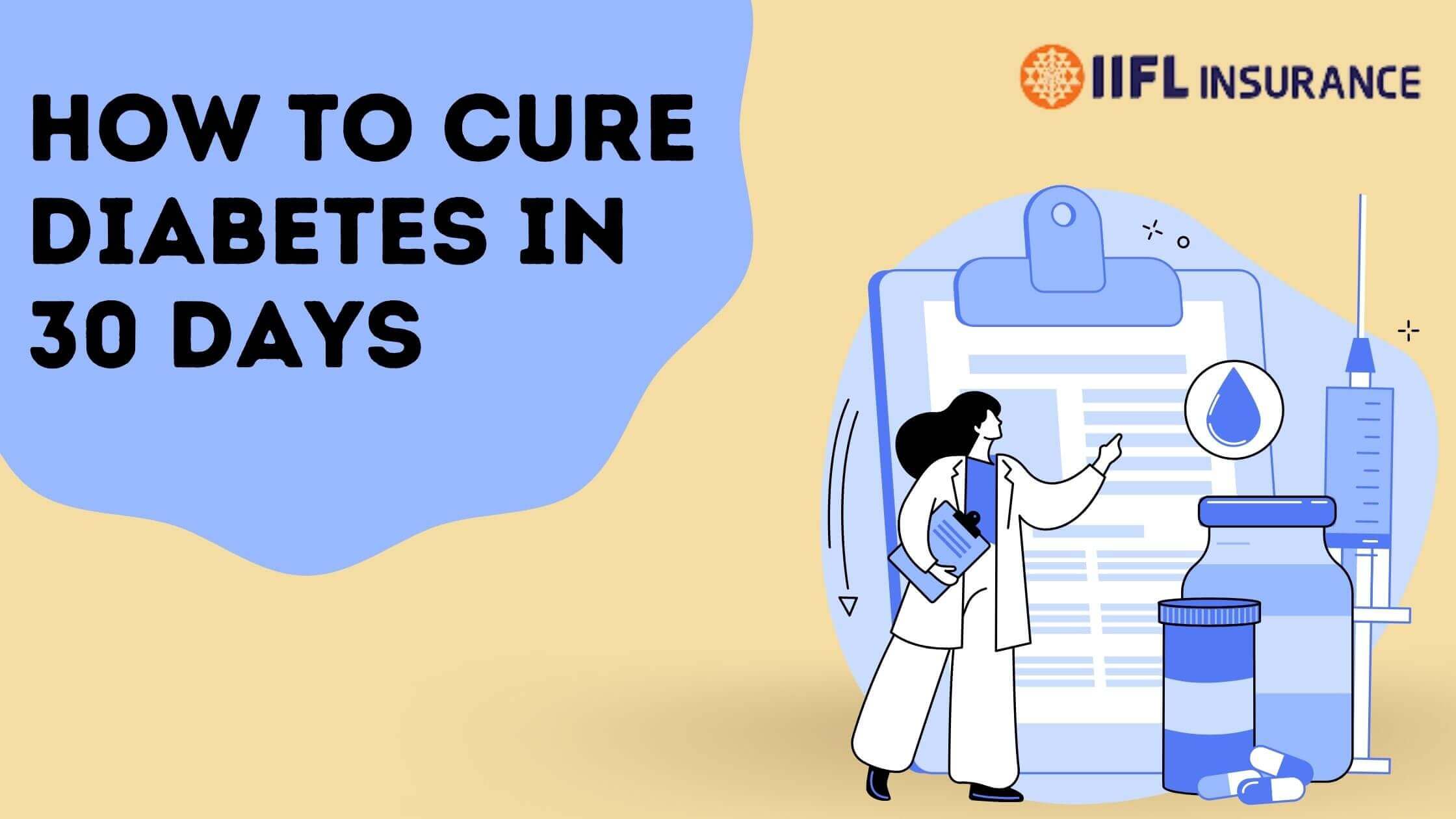Potatoes are a safe diet and a good choice for people with diabetes. However, being high in carbs they must be consumed in moderation. They provide a good source of vitamins, minerals, and fiber, and antioxidants with numerous health benefits. Potatoes contain carbohydrates which increase a person’s blood sugar levels. Potatoes are beneficial for people with type 2 diabetes when eating as part of a mixed-evening meal.
Potatoes and diabetes
Potatoes are considered to be a starchy vegetable in terms of diabetes and include in the same category as bread, pasta, and cereal. However, you can't avoid eating potatoes. As with any carbohydrate food, it is to maintain tabs on the amount of potato that you eat. And the amount of your own carbohydrate goals depends on what you can eat. For a 15-gram carbohydrate portion of potato is:- 1/2 cup mashed potato
- 1/2 medium baked potato
- 1 ounce of baked potato chips
Potatoes give a higher glycemic index (GI), lying between 60 to 90, depending on the variety of potatoes and how the potato is made. You can reduce the glycemic impact of potatoes by:
- Leaving the skin on. The skin has fiber, which can lower the glucose-raising effect.
- Roasting and baking potatoes, rather than boiling them.
- Include some healthy fat, such as olive oil, in your potatoes.
- Include a splash of acids, such as vinegar or lemon juice, which helps to reduce the GI.
- Decrease potatoes processed such as potato chips etc.
The starch granules swell and gelatinize when the starch in the potato is heated. Some of the gelatinized starch is converted to resistant starch when the potato is cooled. So cooking up potatoes, chilling them, and then reheating them to make potato salad may check a glucose spike after eating.
The best type of potatoes for diabetes
For people having diabetes sweet potatoes are the best choice of potato, as they have low-GI and give more fiber than white potatoes. Sweet potatoes are also a good choice for calcium and vitamin A.Carisma potatoes are another lower-GI option with a variety of white potatoes. Russet potatoes have a high GI which means people should limit the amount of food.
Tricks to Make Potato Healthy for Diabetics
- Eat boiled potatoes, broiled, grilled, and slightly sautéed forms of potatoes. Completely ignore mashed and deep-fried potatoes.
- Cooking is a healthy way of consuming potatoes with natural spices and herbs. Spices and herbs make a good choice such as cumin, coriander, oregano, paprika, sage, thyme, rosemary, basil, sea salt, etc.
- People cook potatoes with fiber-rich vegetables to prevent digestion slower and thus escape the sugar spikes.
- Always eat potatoes with skins on. Its skin is filled with disease-fighting nutrients. Potato skin includes many other nutrients like vitamins B, vitamin C, iron, calcium, potassium. Potato skin also includes lots of fiber, about 2 grams per ounce. Including potato skin in your diet allows you to get fiber of 4 grams if you eat a medium-sized potato, 2 milligrams of iron, and 926 grams of potassium.
- The skin of small red potatoes is a good choice of potatoes for diabetics patients. The skin of small potatoes contains fiber, which aids digestion and absorption. And small, whole potatoes are easy to control.
- Also, they relatively eat more sweet potatoes as they are more fibrous than regular potatoes.
How To Include Potatoes Into a Diabetes Diet
Potatoes are a part of a healthy diet that provides other nutrients like protein, healthy fats, and fiber can be a safe way to enjoy them.Potatoes are fresh, dehydrated, frozen, and prepared by mashing, baking, or other ways, fit within a healthy diet.
You should consider one and a half potatoes as a meal as the doctors suggest, especially if you are controlling diabetes. Moreover, it is not the best choice when eating any other single food as a meal or only rice, bread, corn, etc.
Along with a protein source if a potato is being eaten and some vegetables, the blood sugar should not be increasing. As potato toppings swapping out it gives higher saturated fat like bacon and sour cream for more nutritious choices like plain Greek yogurt and steamed broccoli can help you with your healthful lifestyle.
Conclusion
Potatoes are healthy vegetables that provide carbohydrates and increase a person’s blood sugar levels. Eating potatoes can solve the problems for people with diabetes. However, potatoes are a good choice of vitamins, minerals, and fiber, and people with diabetes can use them as part of a healthful diet.Eating non-starchy foods with moderate portions of whole potatoes can adjust their GI. Boiling or steaming potatoes with no added ingredients will also ensure that they are low in fat, salt, and sugar. Don’t avoid potatoes because the right type of potatoes that eat in a healthy way, can actually be good for everybody.


